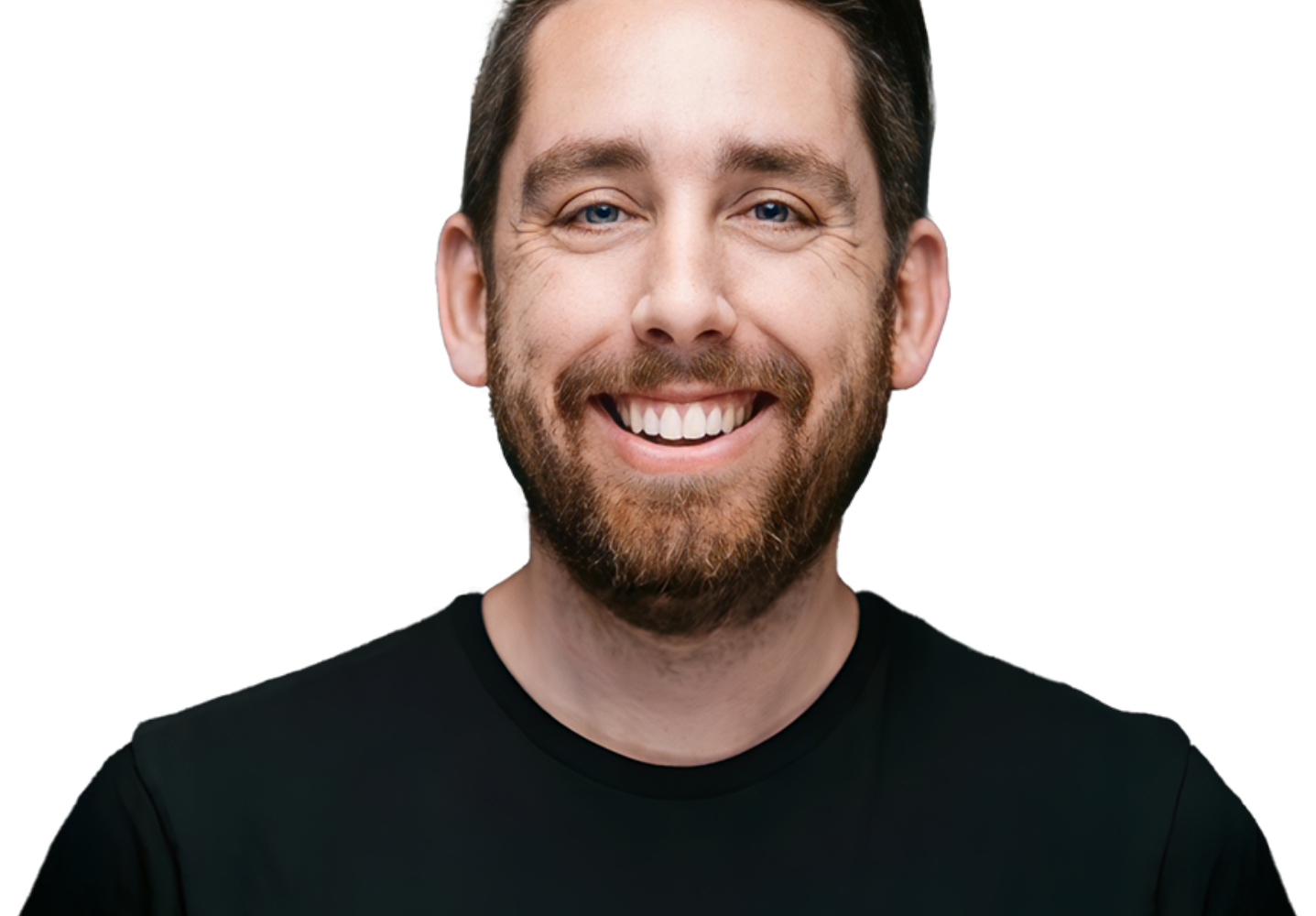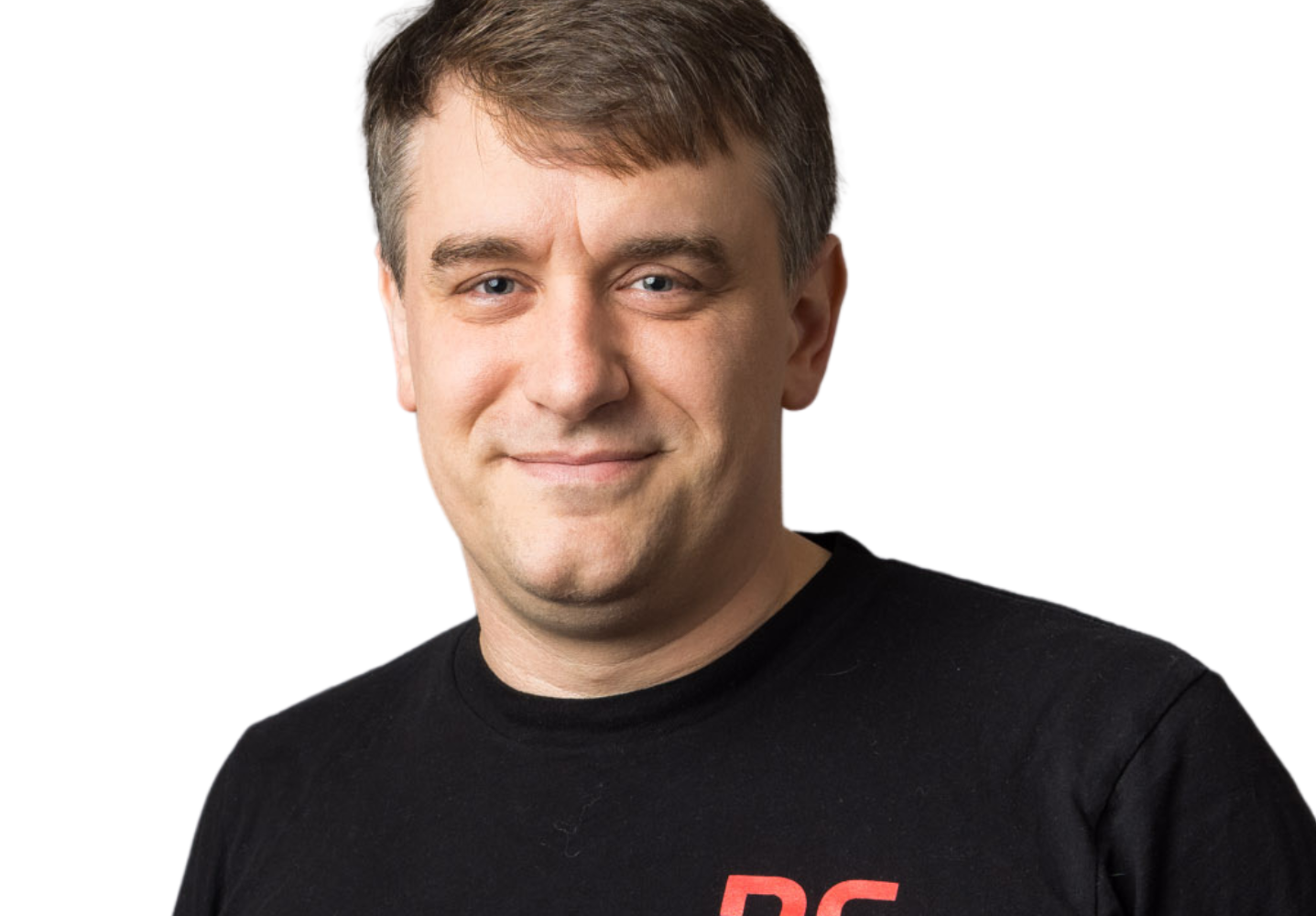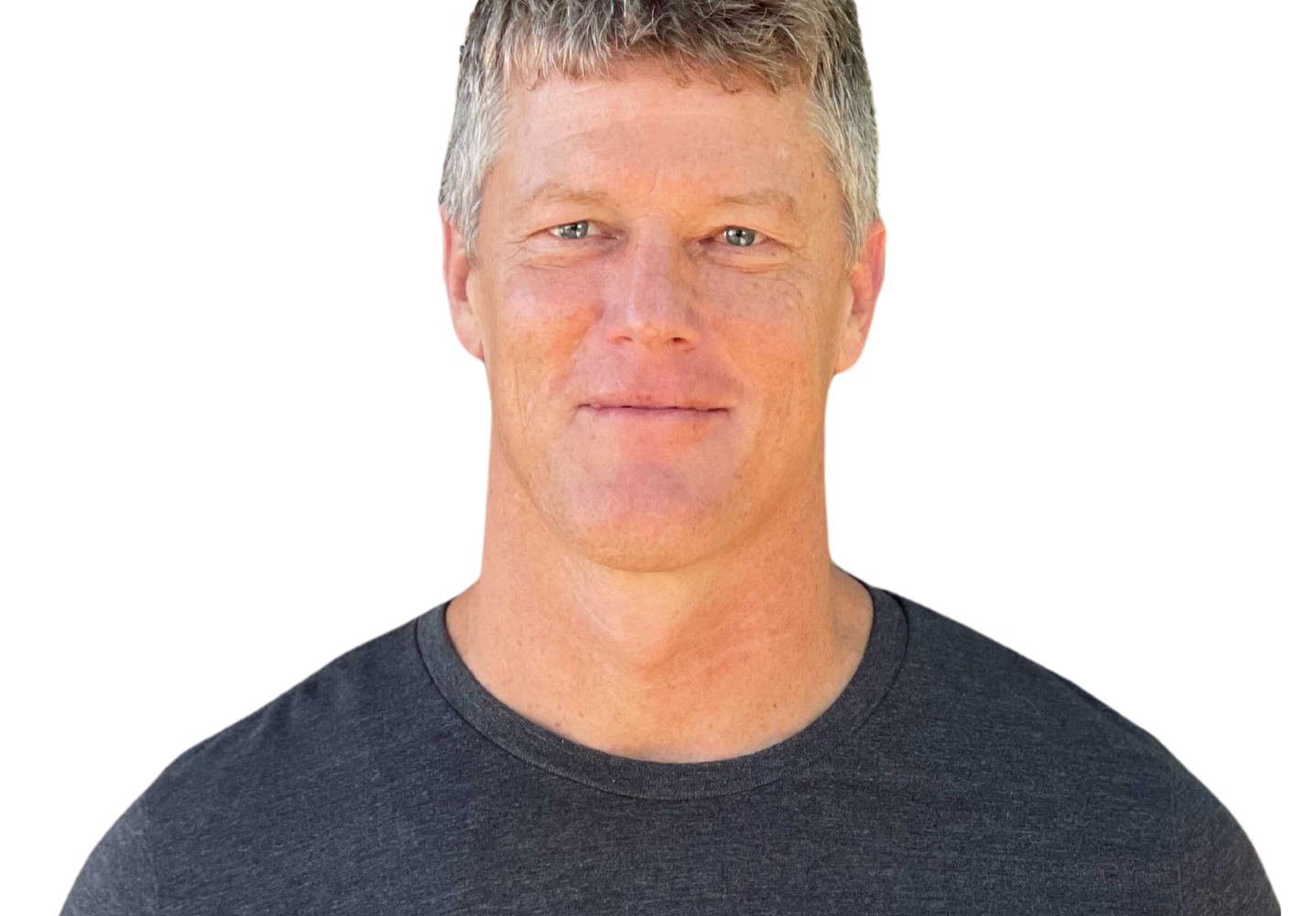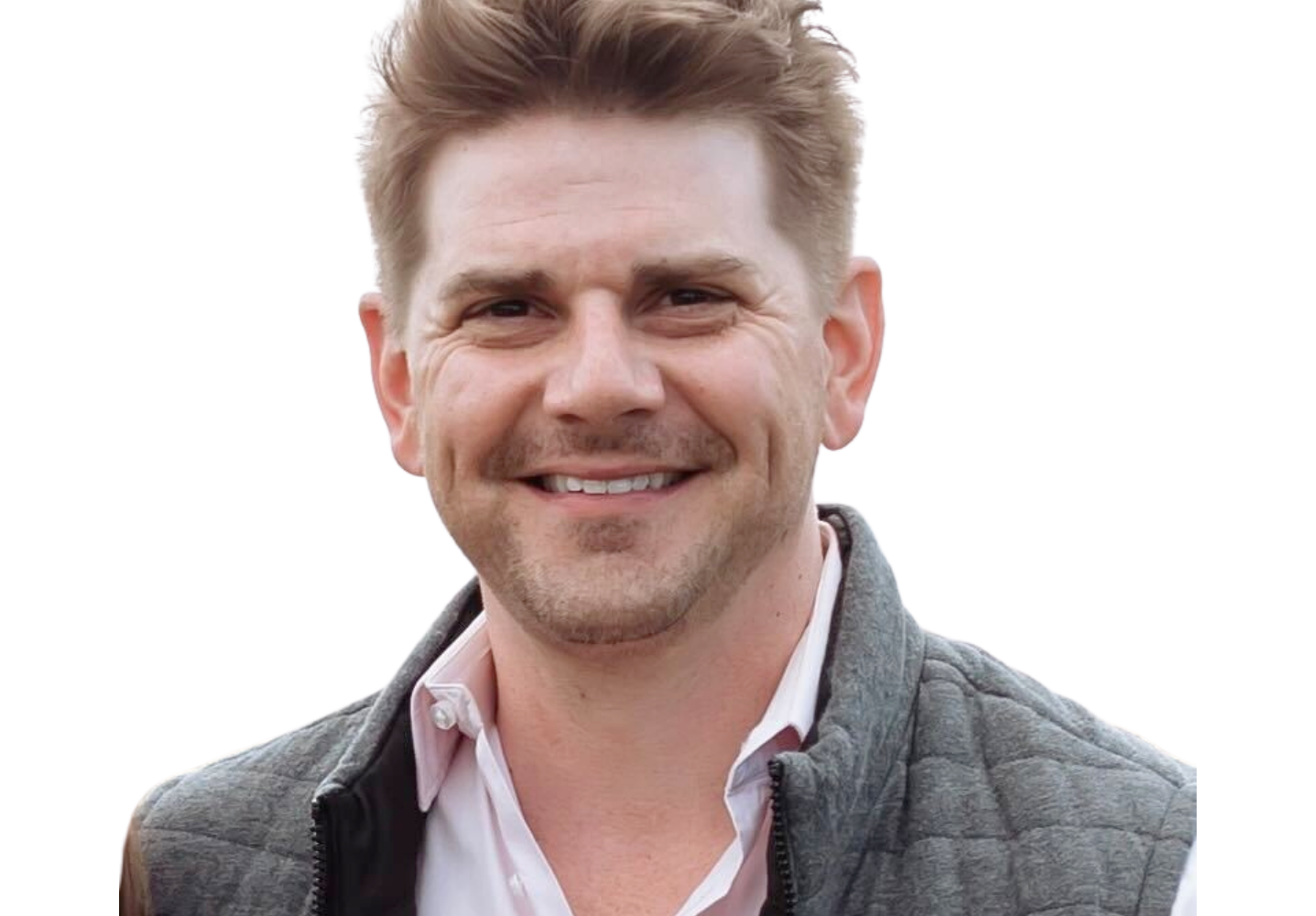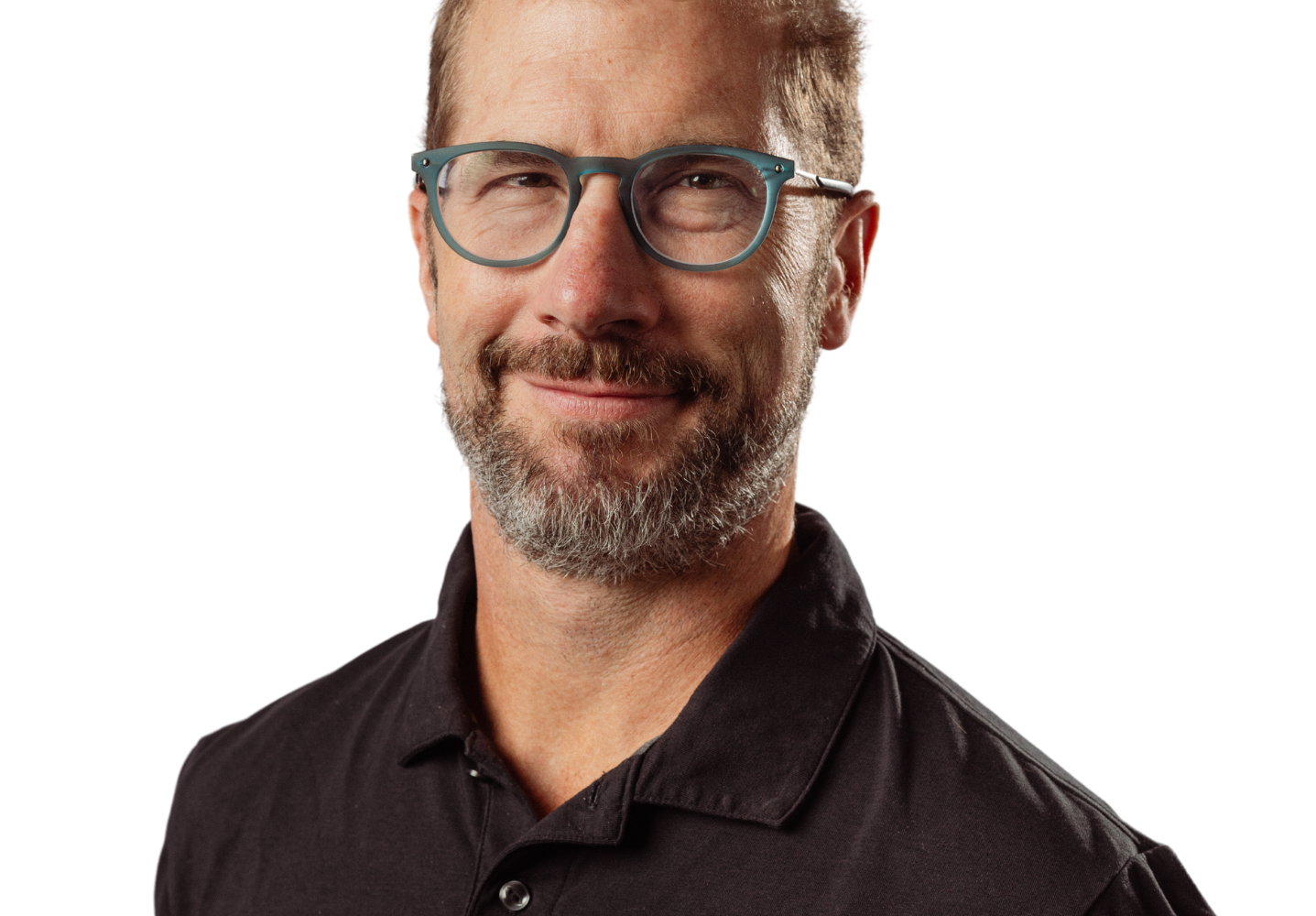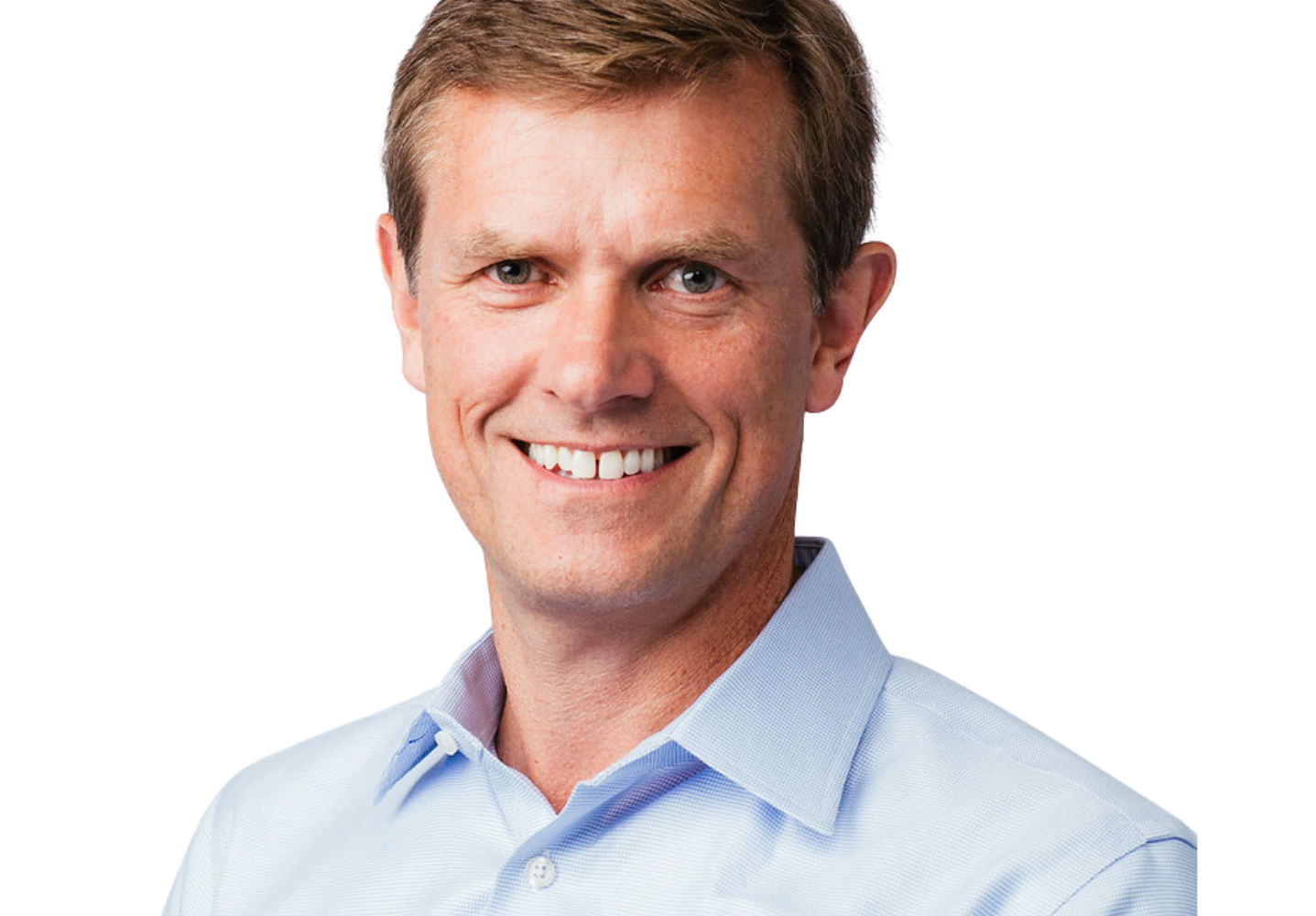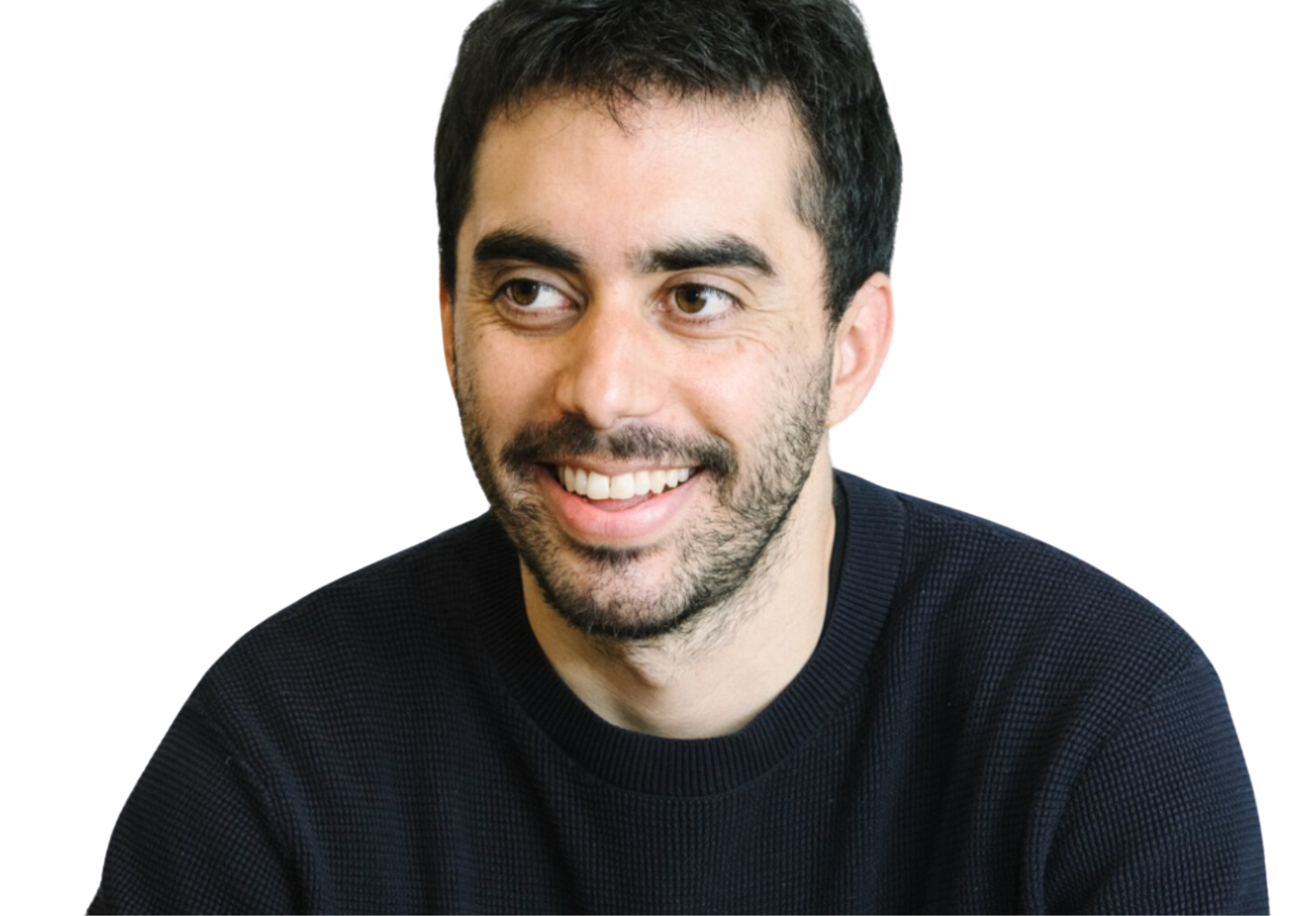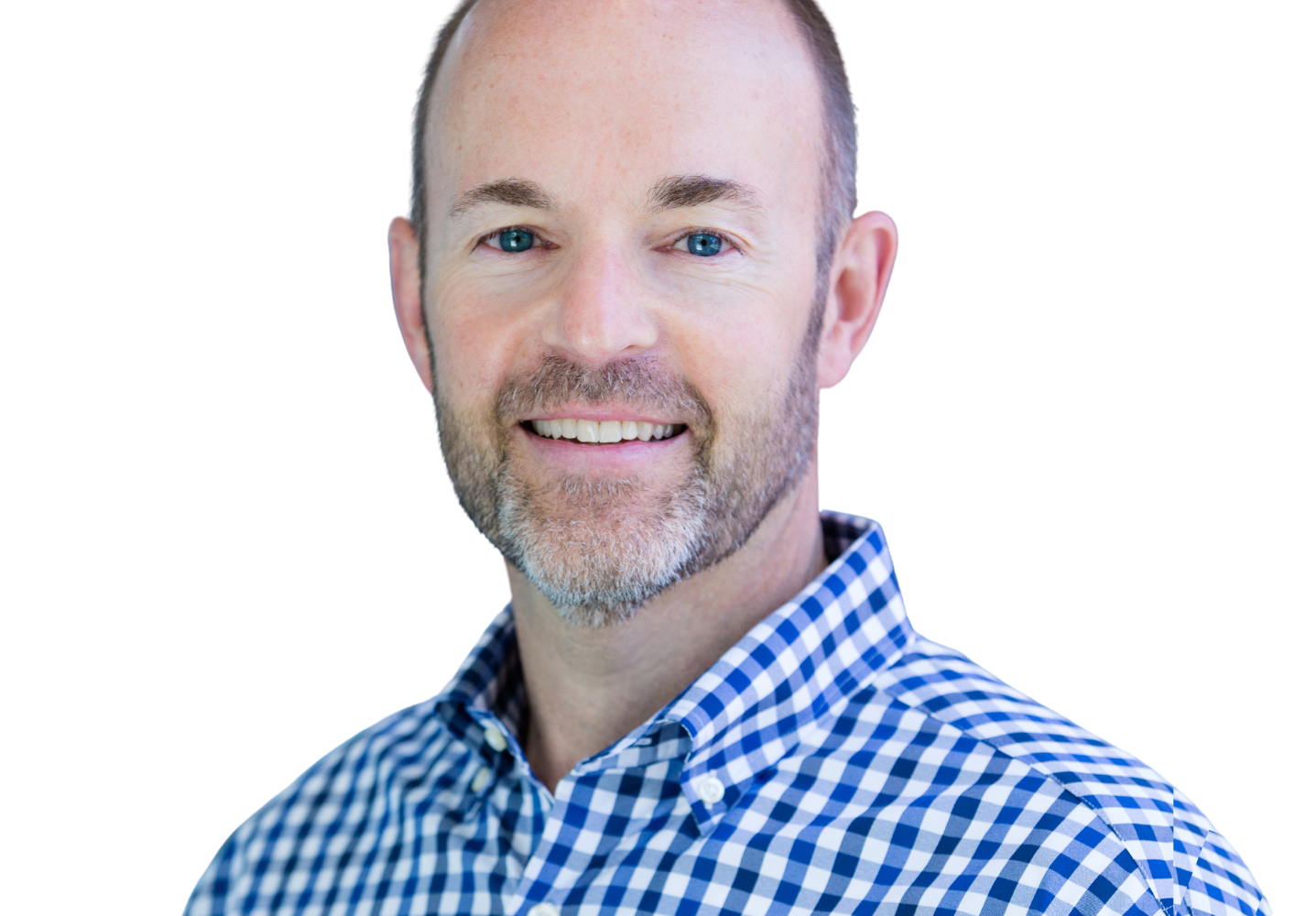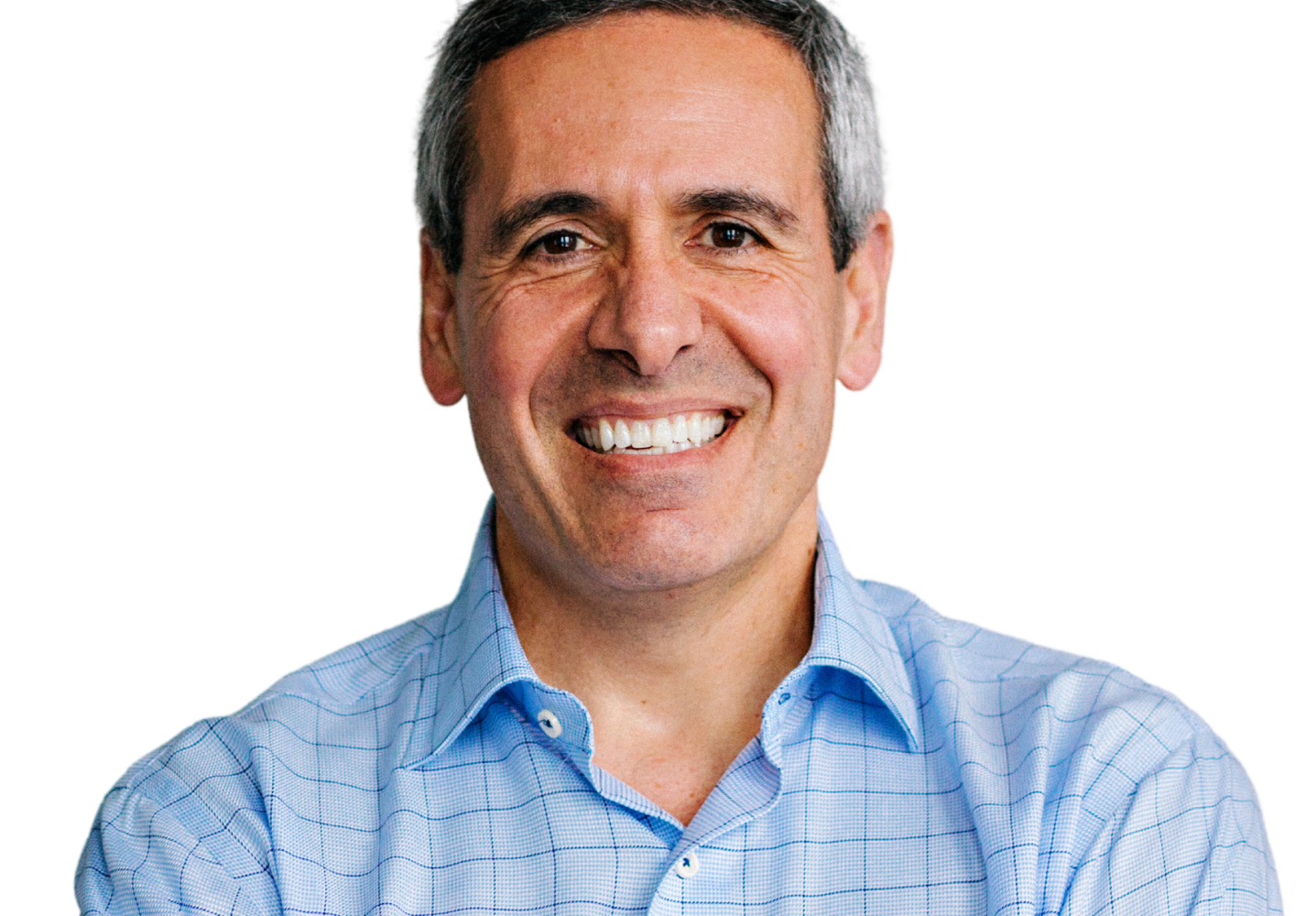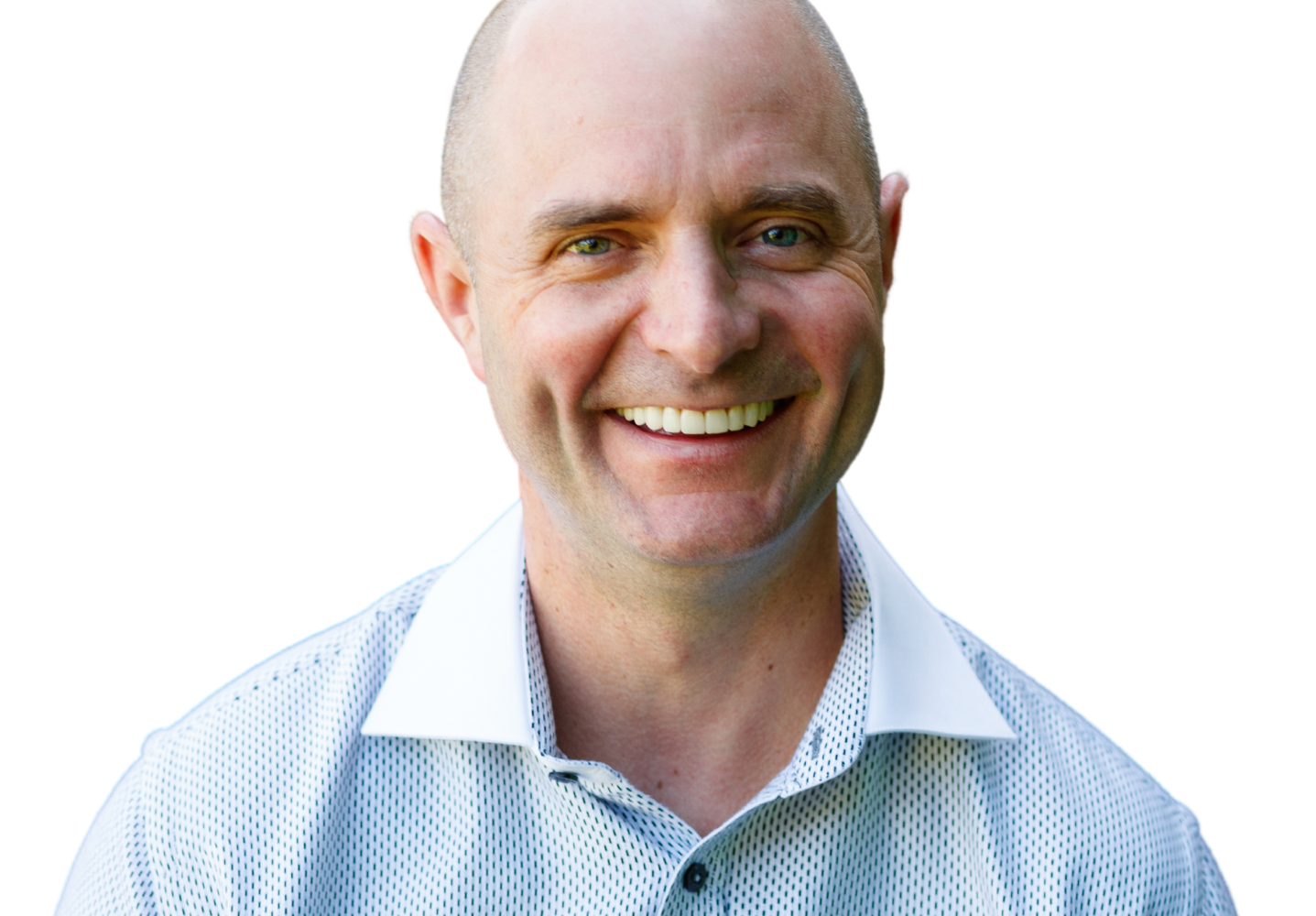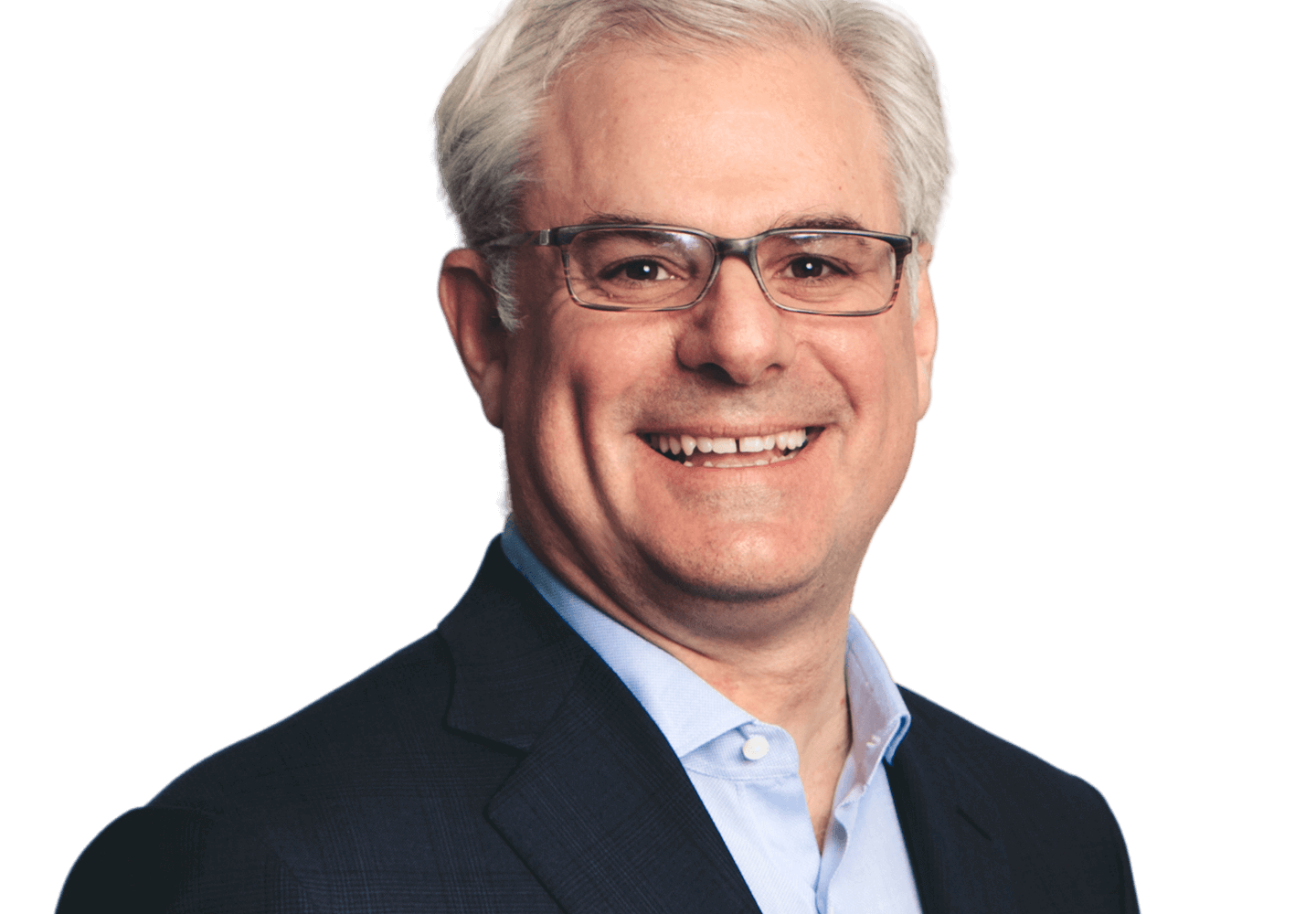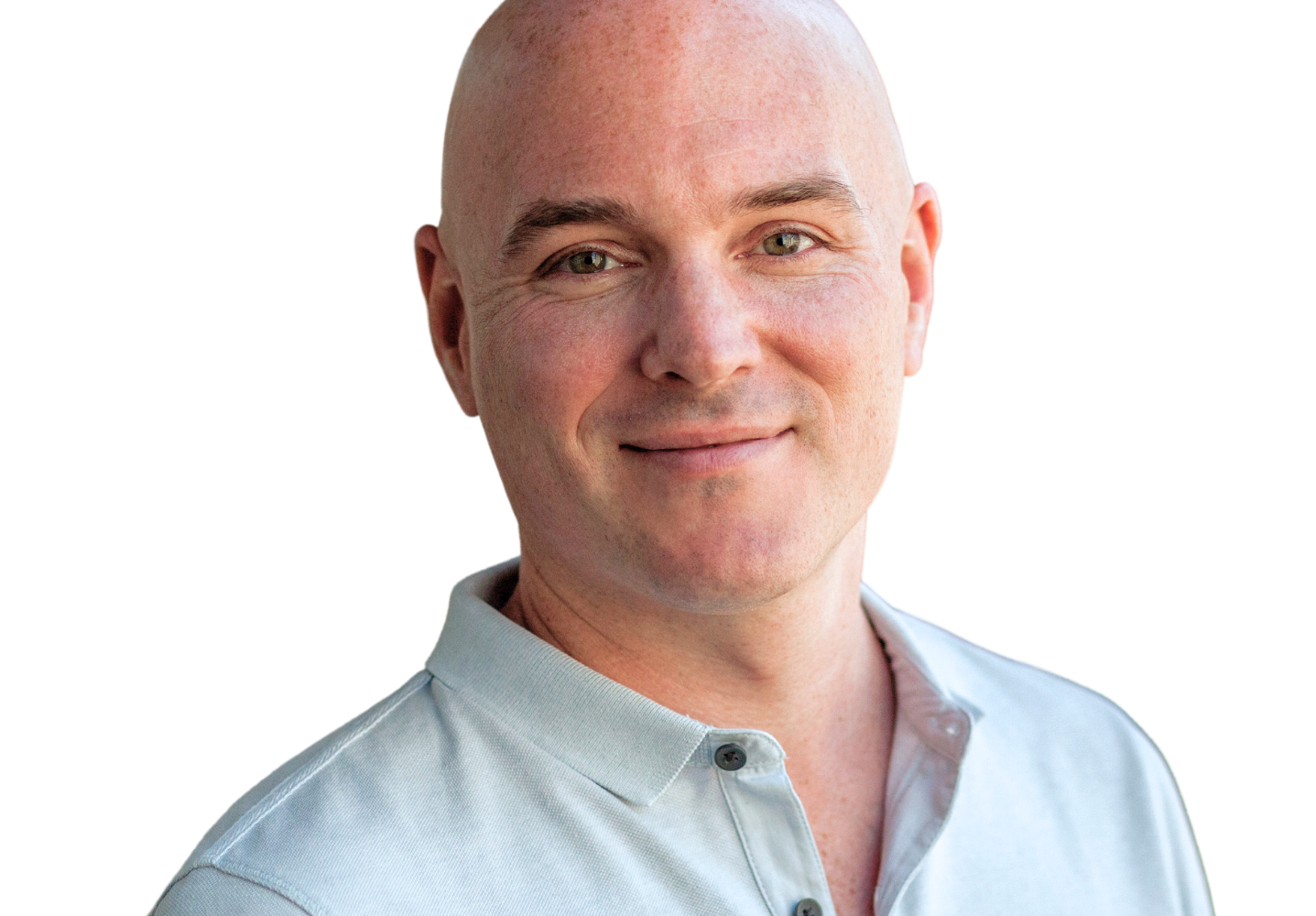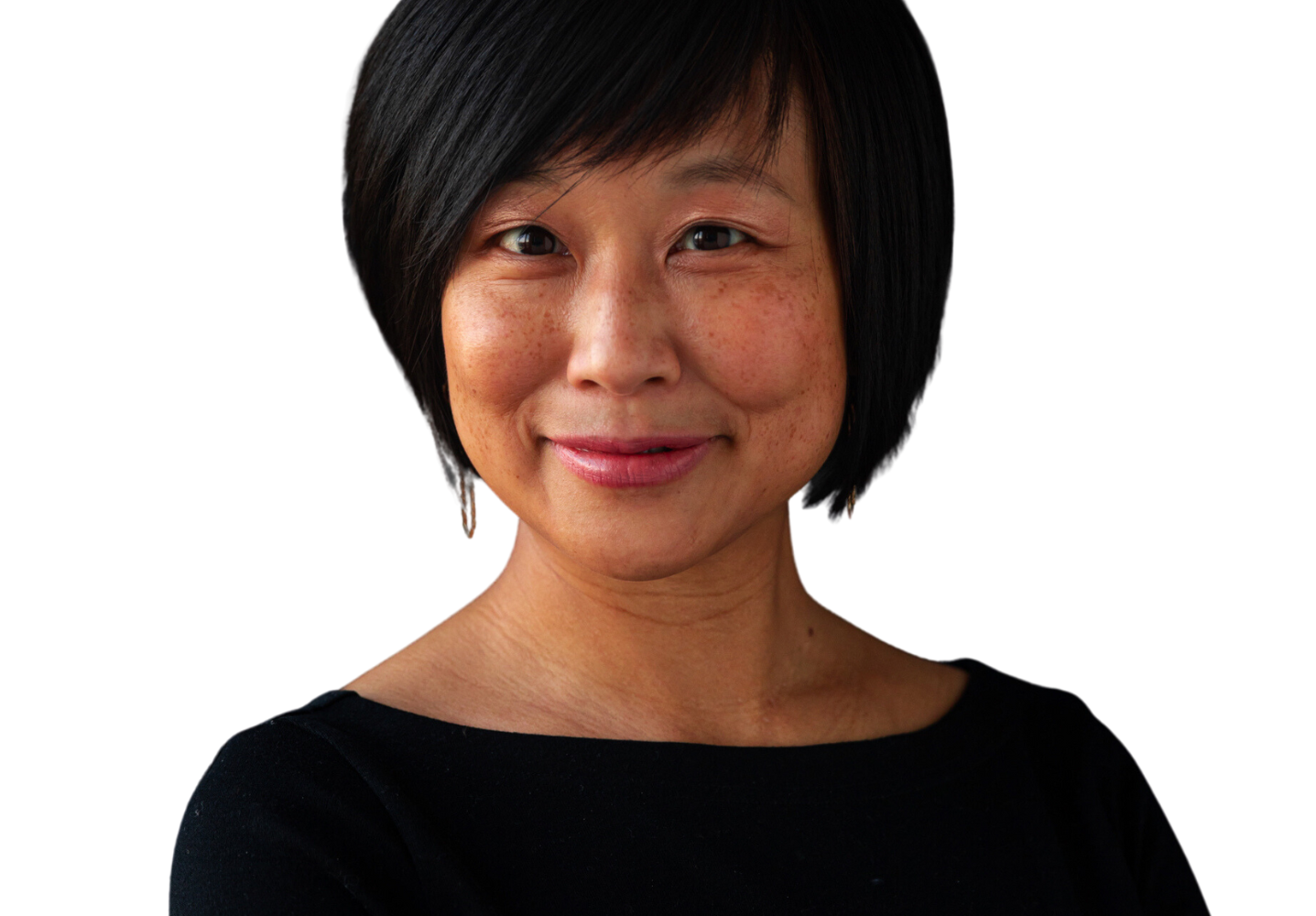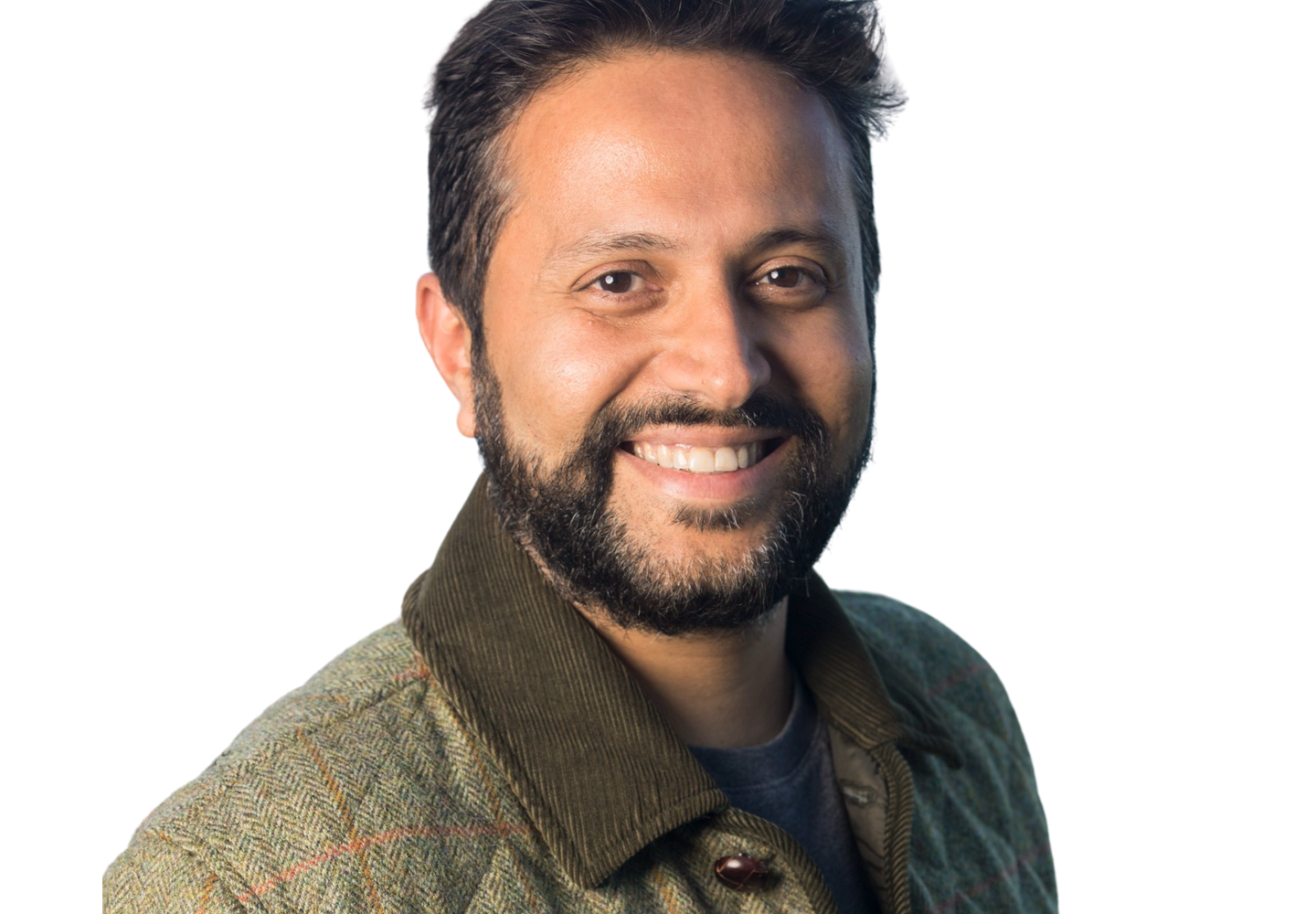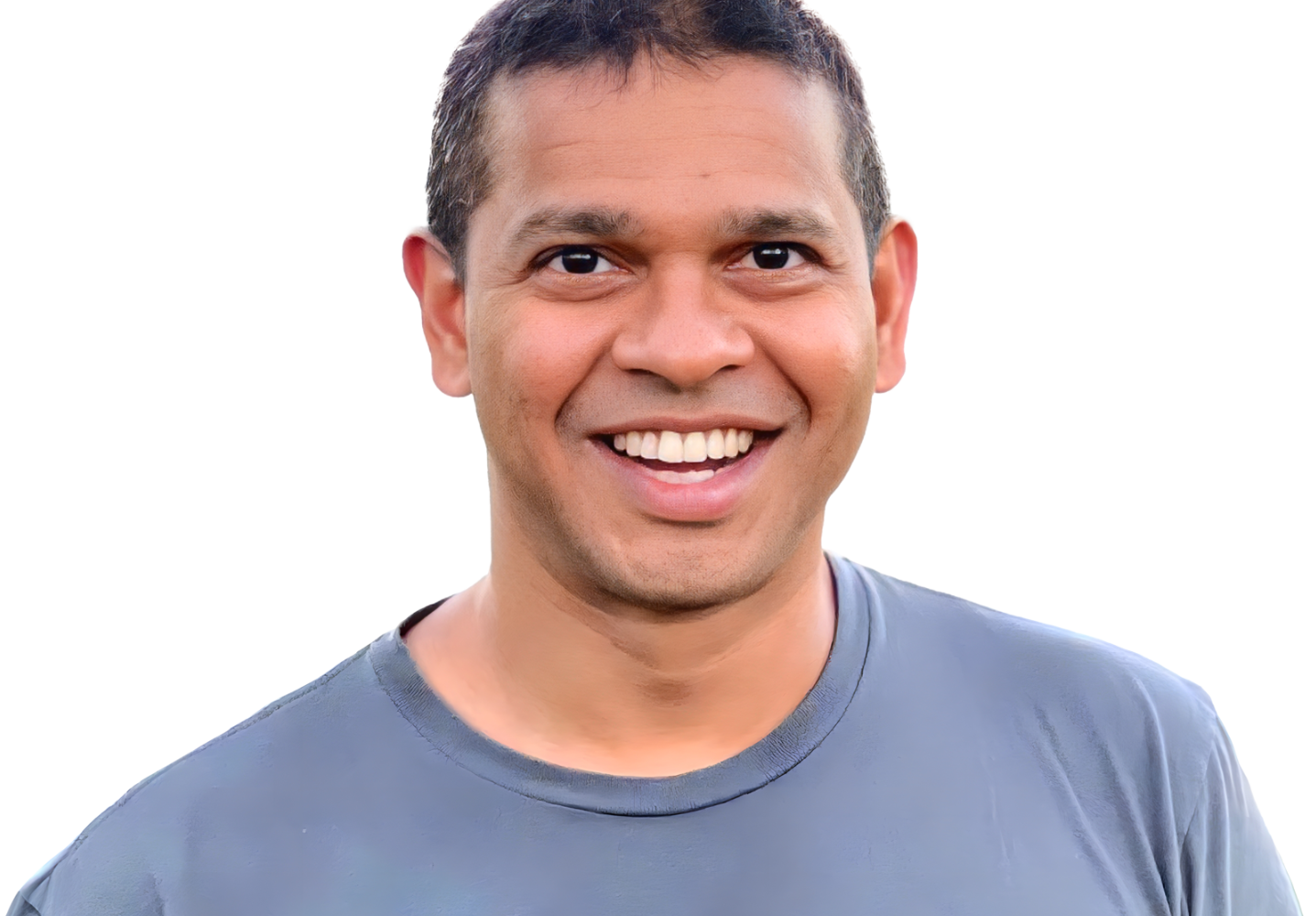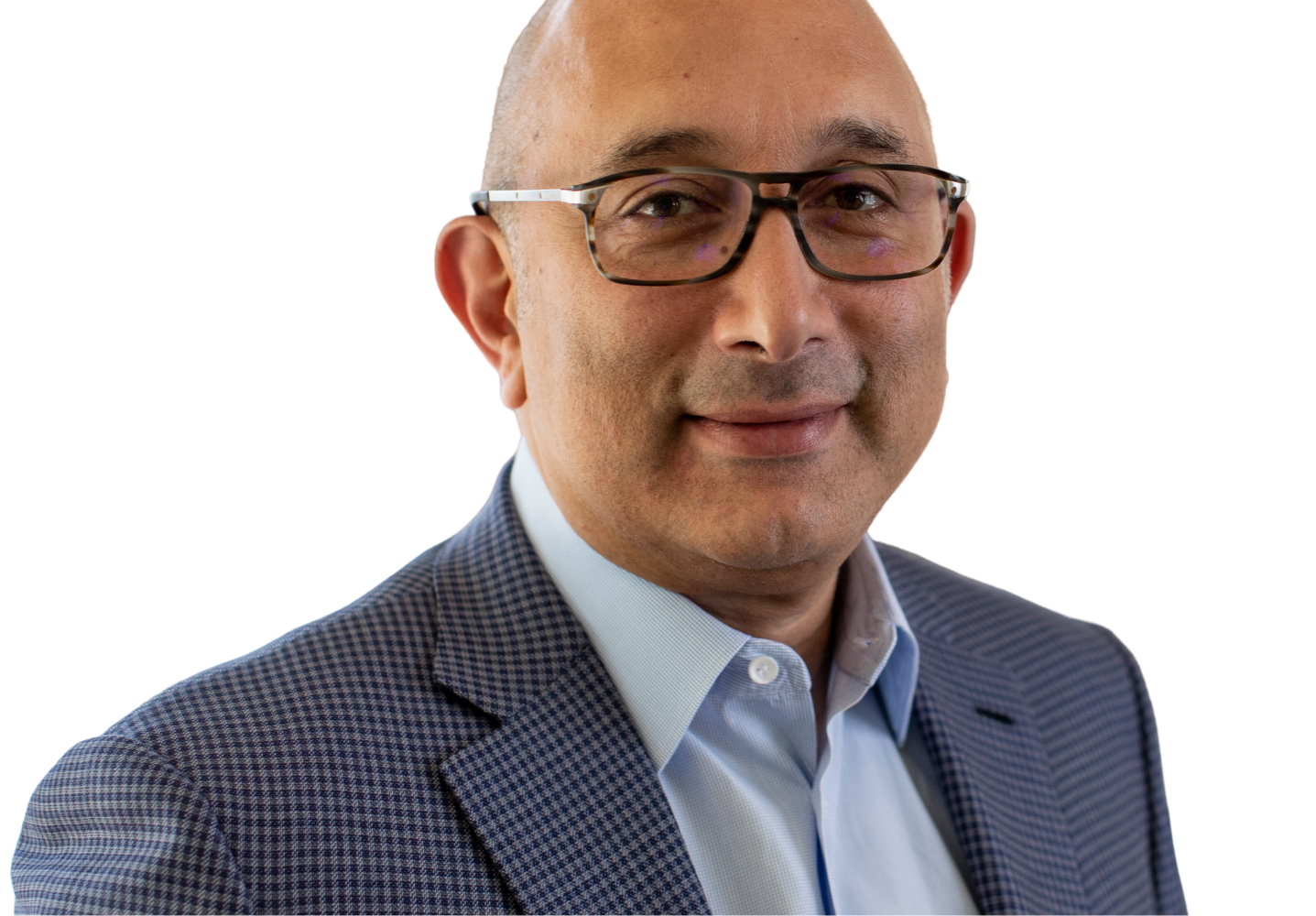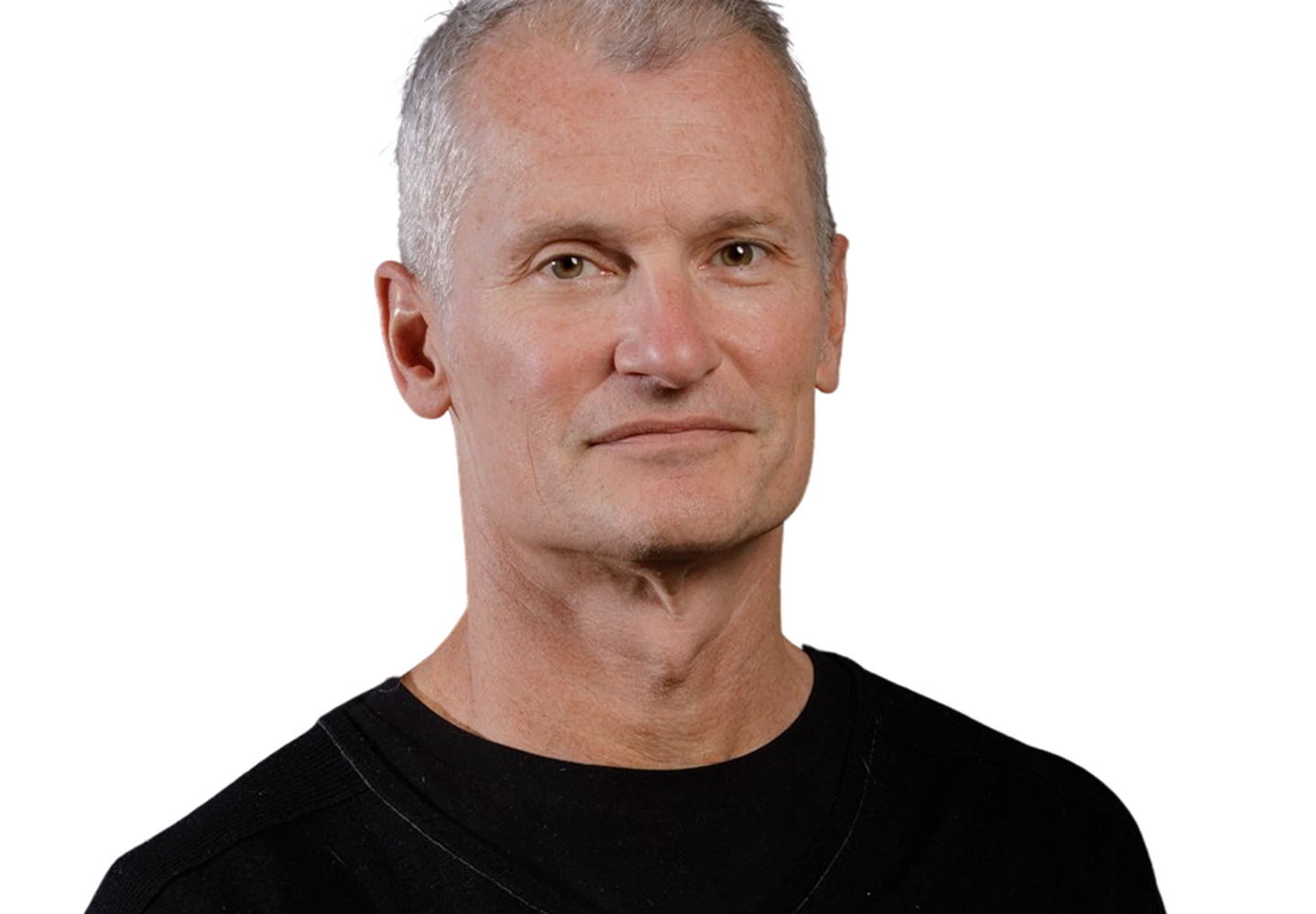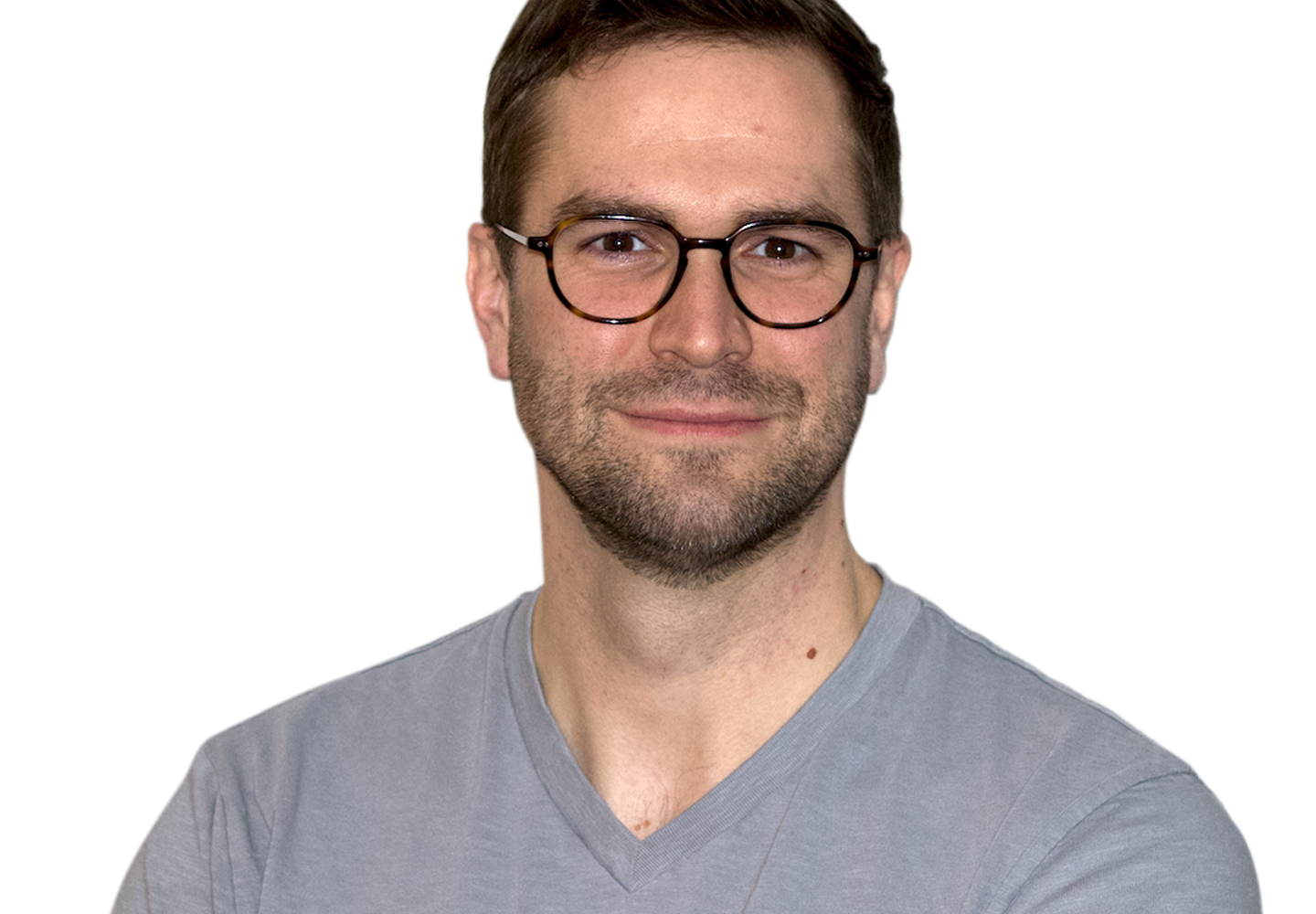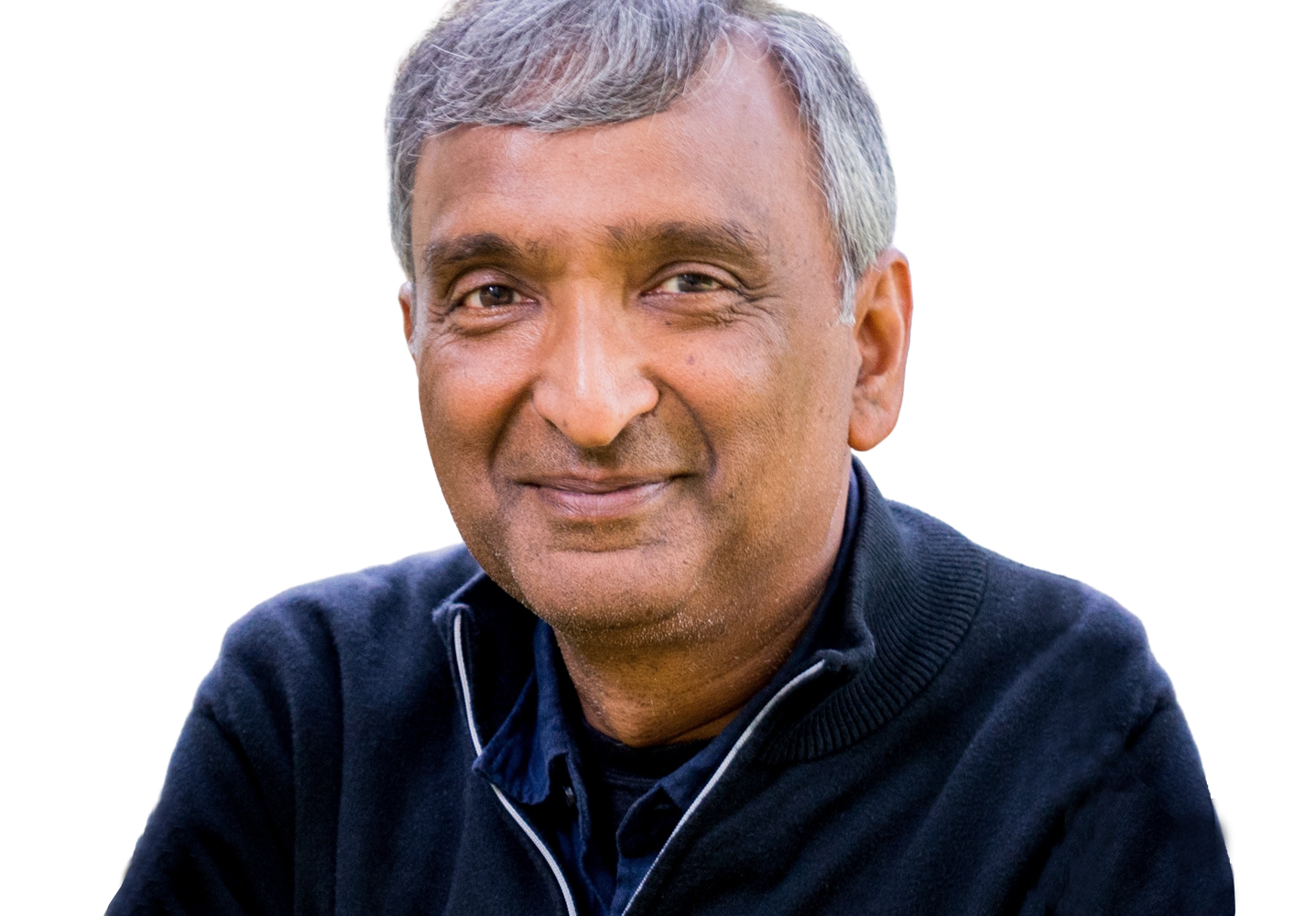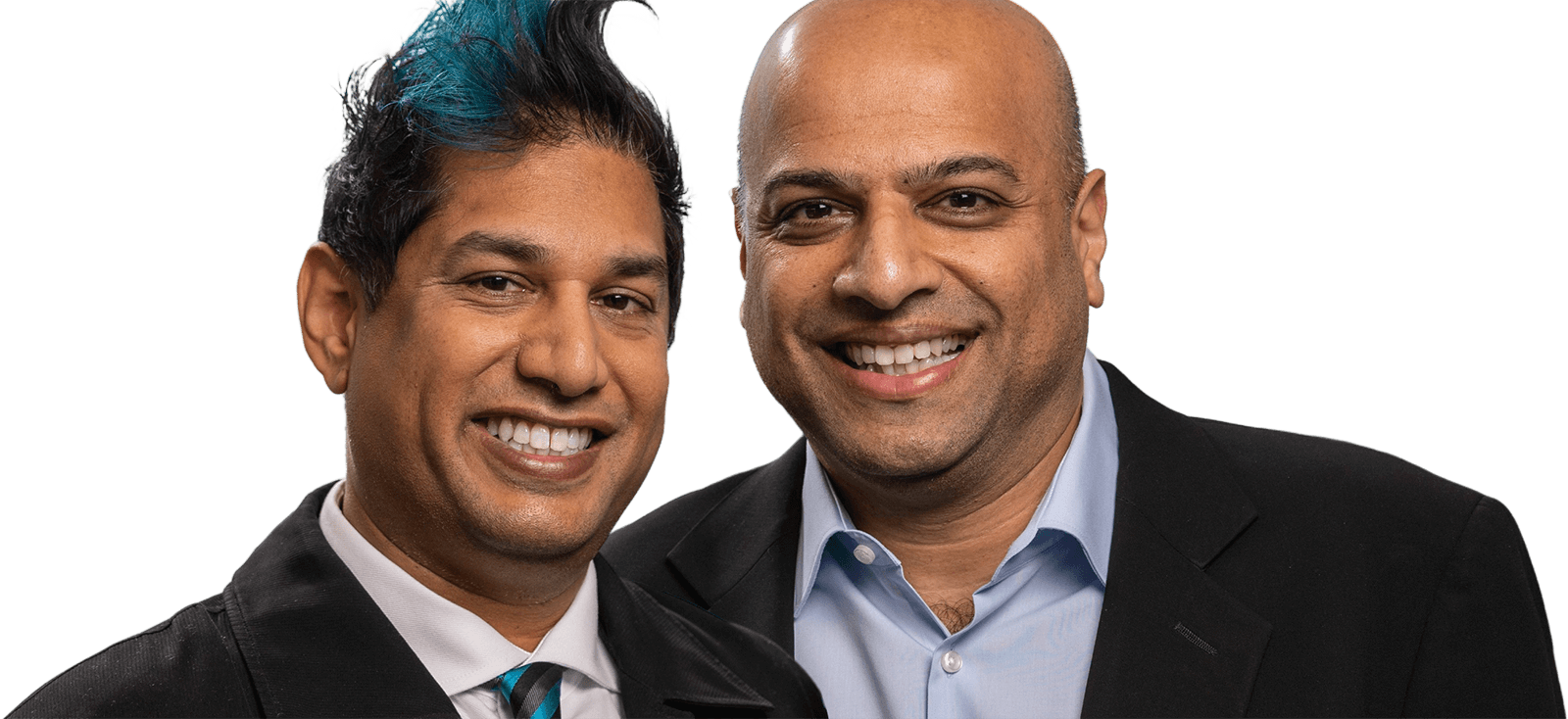What problem inspired the creation of Unstructured, and why were you the right person to tackle that?
It was the lived experience of trying to use customer data in conjunction with natural language processing models at my last company, Primer AI. We were fine-tuning models, orchestrating pipelines, and building applications around natural language data for large enterprises. At the time, there was an abundance of tooling on data labeling, model training, and model management at the application layer. But there was absolutely nothing to help our engineers when they worked with large financial services organizations, government organizations, or biotech/pharma companies that had specific data important to them that they wanted to use with these models. Our engineers would look at each other, put their heads in their hands, and think, “This is going to be a bumpy ride.” For some customers, it took us two and a half years not even doing any sexy data science — just doing data cleanup on the natural language data.
This experience at Primer laid the foundation for what led me to Unstructured. It was that lived experience of taking these models that we were fine-tuning and pipelining and building applications on top of them. I wanted to build a company that went deeper and addressed these data engineering bottlenecks where data scientists are STILL building artisanal, one-off preprocessing pipelines. We wanted to help them automate their data for machine learning. We knew the AI train was coming and that this tooling would be required to scale. So, we built Unstructured with a clear focus on what needed to be done.
What is it like to work with Madrona?
In April 2023, I was getting ready to do an A round. Our open-source adoption was really taking off, and I received an unexpected inbound from Karan, who came with an incredible set of recommendations from existing investors. He and Palak drove up halfway to Sacramento for lunch — very few people will make the drive to Sacramento. I always have to go down the peninsula, so that was meaningful to us. What struck me was that I hadn’t even put a deck together yet, but Palak had gone through our code, our open-source repo, and our GitHub repo, which he actually has the chops to do. And Karan deeply understands the landscape and where the technology is going. Over lunch, we just had this amazing conversation about the state of our technology, where we fit in the ecosystem, and what this could be.
I have such a great relationship with our seed round investors. And it was apparent after that first meeting that Karan would fill a natural role on the board with his depth of expertise. We also had deep strategic alignment on where the business should go and how we should grow it.
Karan deeply understands the landscape and where the technology is going. Over lunch, we just had this amazing conversation about the state of our technology, where we fit in the ecosystem, and what this could be.
Tell us about a Madrona Moment.
It’s clear to me that the Madrona team feels a responsibility for the success of the company. Matt. Soma, Vivek, Karan, Jon. I know all these investors on a first-name basis because they’re actively helping us. It’s not like I only see them once a year at a CEO offsite. We’re swapping emails. We’re at conferences. We’re doing strategy sessions. They’re helping connect us. They’re helping unstick things. They’re helping us navigate difficulties. Madrona is not an atomized team of individuals. Madrona also has unique relationships and insights they can provide as a result of their DNA.
A good moment for me was the IA Summit and CEO Summit in 2023. As a startup, we go to many big conferences. Let’s take re:Invent, for example. You have 60,000 people there and all of these multibillion-dollar companies — how do you get noticed and start building relationships? How do you have a seat at the table where you could have a voice? Matt, Soma, Karan, and the team have done a really artful job of balancing the bigs with the emerging and other thought leaders in the space to create opportunities for that forward momentum. I think that was exemplified at the IA Summit and CEO Summit. It was pretty incredible to have the leadership of AWS, the former Starbucks CEO, and other leaders of multi-hundred-billion-dollar value companies on stage in conjunction with leaders of this new generation of technology. And Madrona prioritized creating space for these conversations.
What have you learned about yourself during this process?
I have such an instinct to dive in and take responsibility for things. A big learning for me has been stepping back, providing feedback, and forcing myself into the coach role to create an organization rather than a team of individuals. That has been a challenge and a cool opportunity for me to assemble a dynamite team. Early on, it was Matt, Crag, a slide deck, and myself, and we’re almost 40 people now. The need to recruit a team internally and a team of investors that bring the same level of urgency, attitude, and expectations of excellence every single day is absolutely key. I know that’s probably often repeated. But when you’re in a hyper-growth stage, parts of the organization are totally uneven. What that means is that you don’t have small cogs. You have big cogs, and you have big gaps. So, you need team members with an expeditionary attitude to succeed. I had to learn early how to recruit a team of doers who are willing to reach across chasms while we’re growing,
What is the most important lesson you have learned during your startup journey?
Building faster would probably be the advice I’d give myself. We’ve been building very quickly, but I wish we would have been a little less conservative and a little more aggressive. It was impossible to anticipate 12 months ago the speed with which ChatGPT and subsequent LLMs would reshape the technology landscape. I’m sure everyone was probably wrong in their forecast of just how much of a paradigm shift the release was going to be. We’ve done an admirable job of staking a critical position in this emerging architecture. But hindsight is 20/20. We’re going to keep running hard and building a big company.

